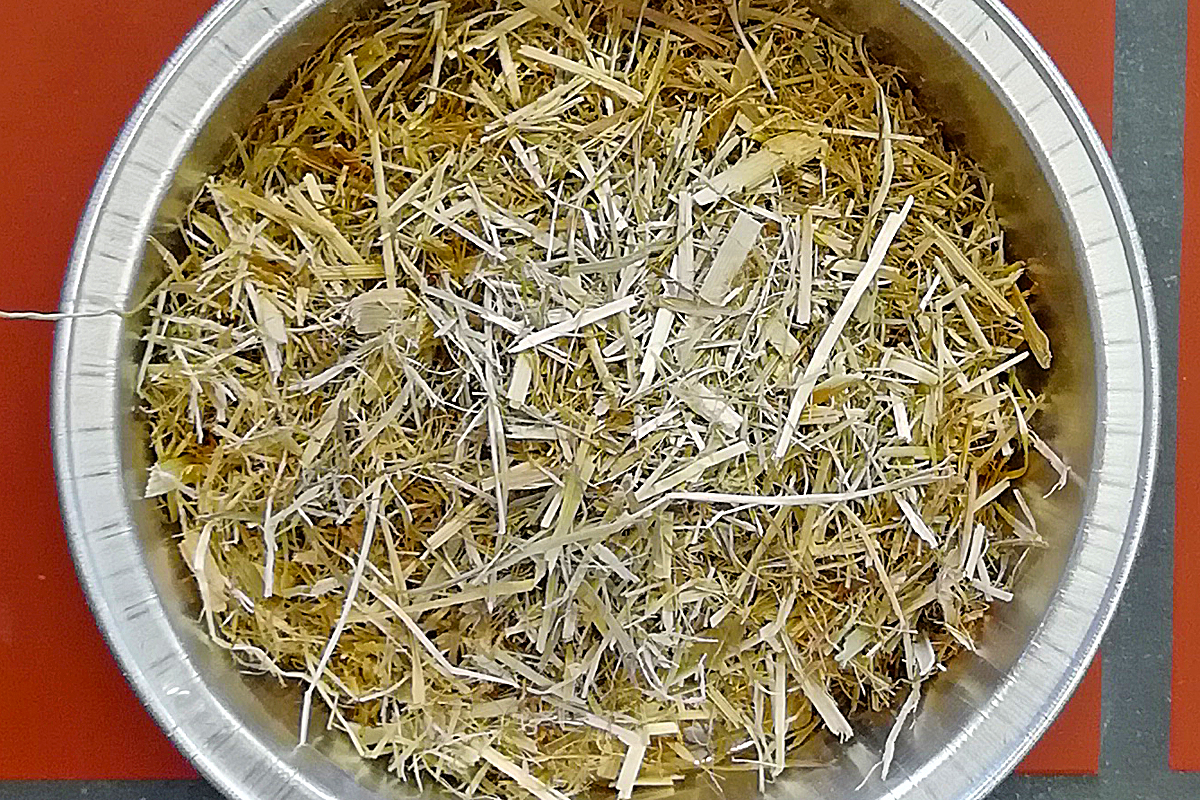
Radiant
Expanding our food base
Only a small proportion of the plants that exist on Earth are used by humans as food. According to a description by the Radiant Project, around 50,000 edible plants grow worldwide, but no more than 200 of them are actually eaten. Really surprising: only three of them provide 60 per cent of the calories and nutrients in the human diet. The big three are maize, rice and wheat. In addition, these and a few other species take up a large part of agricultural land. As part of Horizon 2020, the EU founded the Radiant project. The aim is to use more crops than before and thus make the food system in the EU more robust and resilient.
Alternative production systems and dynamic value chains for these underutilised crops are to be created. Redesigning and partially reorienting agricultural systems to create more resilient agro-ecosystems and broaden human nutrition are also among the tasks.
20 pilot farms, so-called Aurora farms, act as think tanks that develop management alternatives and plan how they can be integrated into value chains. In twelve countries, 28 institutions are involved in this project.
Specifically, Radiant focuses on 15 plant species. Specific plants are assigned to each research group. The ILU is part of this European Radiant team and is conducting research as a farm on new utilisation approaches for the field bean. For example, the scientists are working on ideas for using the pods of the field bean in modified form for other products. They are also researching the use of late-cut grass from the Oder Valley. This cannot be fed because the proportion of woody areas is relatively high. The idea, among others: Using the fibres of the grass as a component of packaging or paper.
PROJECT DURATION:
01.09.2021-31.08.2025
PROJECT SPONSOR:
European Union under Horizon 2020
GRANT-NUMBER-PN:
101000622
PROJECT MANAGER:
Apl. Prof. Dr. Daniel Pleissner
PROJECT PARTNER:
Universidade Católica Portuguesa (UCP), Innovation Technology Cluster Murska Sobota (ITC), Creative Minds – Soluções Globais de Comunicação, Marketing e Gestão, Lda., based at Edifício (CM), Crops For the Future (UK) Community Interest Company (CFF), ESSRG LTD(ESSRG), Agencia Estatal Consejo Superior de Investigaciones Científicas, M.P. (CSIC), Agricultural University of Athens (AUA), Unito Università Degli Studi di Torino (UNISG), Deutsches Institut für Lebensmitteltechnik e.V. (DIL), University of Limerick (UL), Trinity College Dublin, James Hutton Institute (JHI), Jožef Stefan Institute, META Group srl (META), Università Politecnica delle Marche, Institut für Lebensmittel- und Umweltforschung (ILU), Biofontinhas Unipessoal Lda (BIOFO), Sociedade Agrícola do Freixo do Meio (FDM), University of Gastronomic Sciences (UNISG), Stolzenberger Bäckerei (SB), Connecta Natura (CONAT), HiWeiss srl/GmbH (HiW), Mitropoulos I. – Lyras G. I.K.E. (DiKoT), Institute for Agrostrategies and Innovations (IAI), Wageningen University (WU), Centro Ricerche Produzioni Animali (CRPA), The Food and Agriculture Organization (FAO), Cyprus University of Technology (CUT), University of Nottingham (UoN)